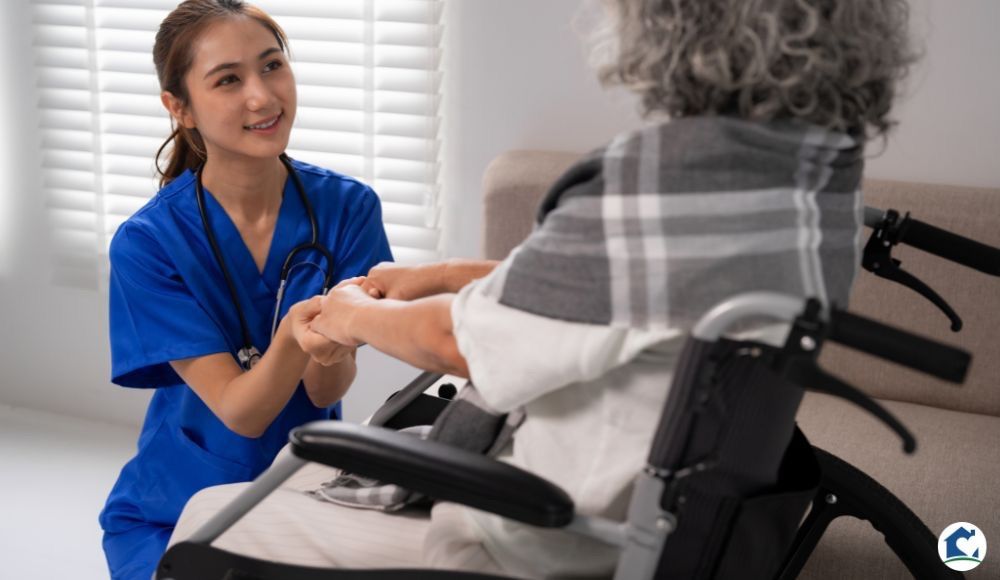Managing Chronic Pain in Seniors
As we age, our bodies naturally fall victim to new aches and pains that we previously have not experienced before. Senior citizens often experience chronic pain that can last weeks, months or even years. It is common for this pain to creep up over time, slowly increasing in intensity, and can take a significant toll on a person’s life. When left untreated, chronic pain can cause depression and hopelessness as it limits the activities that a person can take part in.
As a caretaker, it is important to take a proactive approach to chronic pain and help the senior that you are caring for understand that they can get relief from the pain. Here are our tips for how to create an action plan to address and manage chronic pain in seniors with the help of a healthcare professional:
- Identify the Problem and Assess Expectations
The first step to creating a pain management plan is to establish what is causing your loved one pain and how it impacts their daily life. This is a good opportunity to discuss apprehensions that they may have about receiving treatment so that you can address these directly with their doctor. - Create a Plan
Talk to your loved one’s doctor about possible solutions to the pain. Before beginning any new medication or health care regime, please consult a doctor to ensure that it is in the best interest of the patient, the proposed plan will not interfere with any other medication and the treatment will not create another problem down the road. Their doctor may recommend over the counter pain relievers or prescribe a more effective medication based on the needs of your loved one. - Consider Alternative Therapy
Depending on the condition and other underlying conditions that may exist, it may not be possible to treat chronic pain with pharmaceuticals. Even if there is a medication that can ease the pain, supplementing care with alternative therapy may increase the effectiveness of your existing plan. If a senior is struggling with arthritis, for example, we recommend trying out water aerobics as a way to get active in a low impact environment. - Reevaluate and Adjust as Necessary
Keep a pulse on the chronic pain that your loved one is feeling because even if a course of treatment has worked in the past it is not necessarily guaranteed to continue working in the future. It is important to identify when a change needs to be made early rather than waiting for the situation to become unbearable. It is far easier to make small changes to a treatment plan along the way rather than a drastic one when your loved one simply can’t take the pain any longer. - Advocate for your Loved One
At the end of the day, the most important thing you can do for your loved one is to act as an advocate for their health and wellbeing. Dealing with chronic pain can be incredibly debilitating, especially if they appear to be healthy to an outsider. It is incredibly important that you continue to offer your support and to let them know that you’re there to support them and get them the best care possible.












